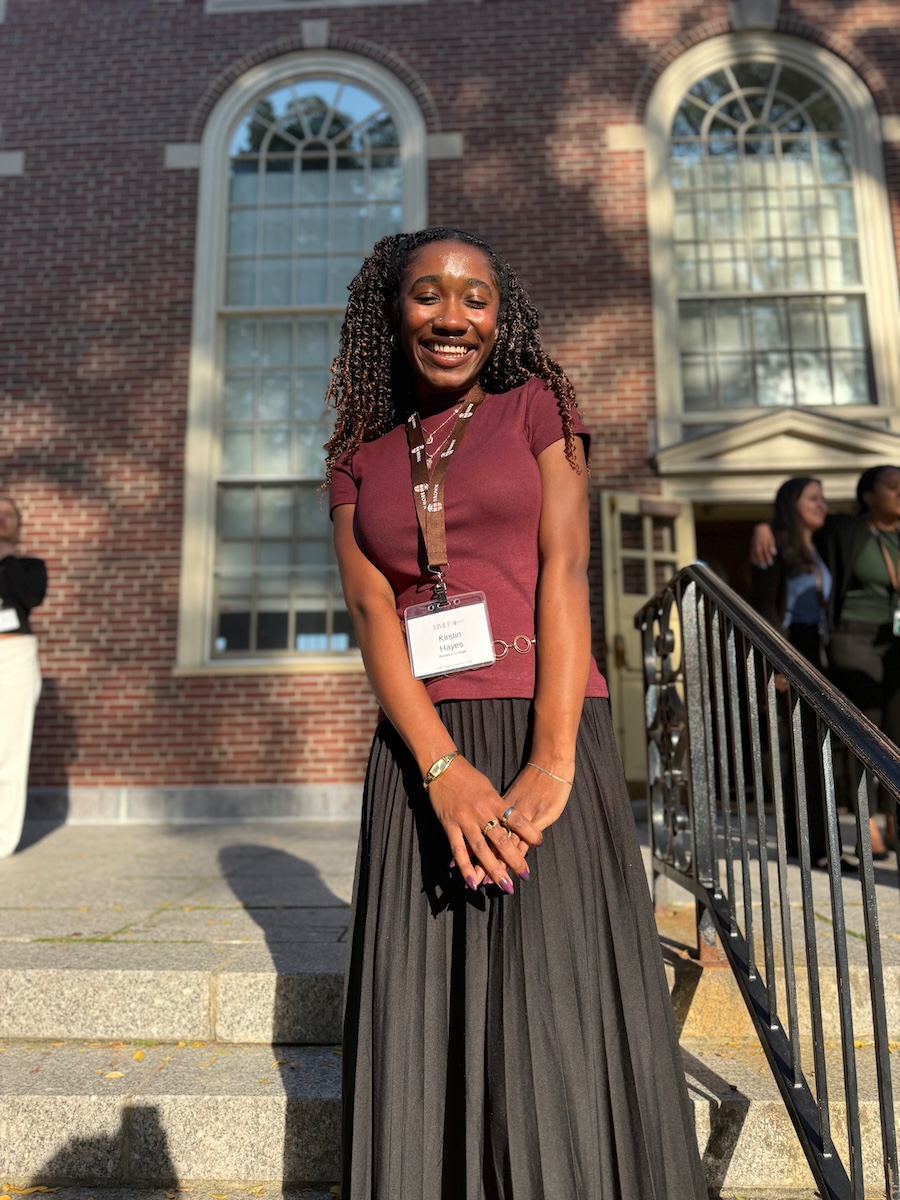“The Most Significant Moment Since the End of Apartheid”
By Tom Porter“I would say this is the most significant moment since the end of Apartheid,” said the Roger Howell, Jr. Professor of History, whose expertise covers southern and central Africa.
For the first time since coming to power under Nelson Mandela in 1994, the African National Congress Party—the ANC—has failed to win a governing majority, garnering barely 40 percent of the vote. This is more than any other party, but short of the majority needed to rule. President Cyril Ramaphosa is now faced with the tricky task of putting together a government of national unity from the different, opposing factions that dominate South African politics.

Behind the Numbers
The drop in support for Ramaphosa’s government, says Gordon, is largely due to the rise of two smaller parties, both of which have appealed to South Africa’s disaffected, younger Black population.
“There's broad frustration with the ANC in South Africa,” said Gordon, “and one element of this is the lack of transformation for the majority of South Africans, meaning a lack of jobs, opportunities, and the sense that life has not gotten any better for the past decade.” One feature of life in recent years has been the energy crisis, where power blackouts, known as “load shedding,” have become commonplace as electricity demand exceeds supply. “This has hit poorer South Africans, who do not have backup generators, especially hard,” explained Gordon, “as well as taking its toll on the broader economy by making it harder for a range of industries, including mines and agricultural production, as well as the retail sector, to operate efficiently.”
The Main Players
The two parties that have benefited most from this dissatisfaction with the ANC are led by former ANC figures on the political left, both of them populist leaders promoting ideas about the redistribution of land and wealth:
Former South African president Jacob Zuma, a controversial figure beset by corruption charges, leads the uMkhonto we Sizwe (MK) party, which got about 14 percent of the vote. The Economic Freedom Fighters (EFF), a communist and Black nationalist party, is led by former ANC youth leader Jacob Malema, who took a lot of young Black voters with him when he was expelled from the ANC in 2012. He formed the EFF the following year.
The other big player is the Democratic Alliance (DA), the main opposition party with around 22 percent of the vote.
The DA, which enjoys the support of most of South Africa’s white population, is the most pro-business, explains Gordon, often described as “neoliberal”—strongly committed to market stability, avoiding capital flight, and fighting crime and corruption.
What Next?
Rather than try and form a governing alliance with a single, other party, Ramaphosa has opted for a Government of National Unity (GNU), representing the interests of all the main parties. The challenge now for Ramaphosa’s ANC is to harness these divergent political forces into a functioning entity.
“The decision to form a GNU means that the ANC doesn’t have to decide on a coalition with a particular party,” said Gordon. “But,” he added , “it is a recipe for greater instability down the road. I essentially think they took this position because there was significant opposition within the ANC to an alliance with the DA.” The DA, meanwhile, has signaled that it would only participate under certain conditions, such as safeguarding the South African constitution and protecting land and mineral rights against threats from the parties of the left.
The ANC under Mandela led a GNU from 1994 to 1997, explained Gordon, “but back then the ANC had more support than it does now and was also enjoying something of a ‘honeymoon period’ after the end of apartheid.
"It is going to be more challenging now because of the frustration many feel with the government and the lack of support among the main political parties for the idea of working with the ANC."
Last semester David Gordon’s students explored the upcoming (as they were then) elections in a class on history, memory, and identity in post-Apartheid South Africa (HIST 2821/AFRS 2821).
“We paid particular attention to the the differing legacies of the relatively moderate Nelson Mandela in comparison to his revolutionary ex-wife Winnie Mandela, who became a symbol for the youth and the parties to the left of the ANC,” said Gordon.
“We looked at ways in which memories of these different leaders were invoked over the last few decades. As the election approached, the class studied the different ads for the various parties, both on television and online.” The MK party had less TV presence, he explained, but was very strong on social media, while the EFF ads portrayed angry and disillusioned young South Africans sitting in darkness amid relentless power cuts. The DA, meanwhile, featured a burning flag in its ads, warning of what could become of the country under the more left-wing parties.
“The class even held a mock election,” said Gordon. “It was very fraught, but in the end the students voted in favor of the EFF."



